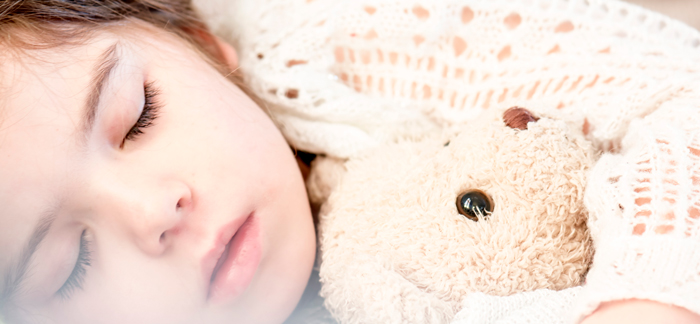We all love a good night sleep and when we have children we desperately want them to be able to have a good night sleep too, for various reasons! Sometimes our little ones sleep all the way through. Other times it seems like they’ll never sleep. For those moments when your little one needs help, we wanted to share a few ideas to ensure your little one sleeps uninterrupted all night.
The importance of sleep
But first, why is sleep so important? We all need it to survive and adequate sleep is a central part of a healthy lifestyle. During sleep, your body and your brain actively work to support healthy brain and body function. If you don’t sleep, you notice it. For growing children, sleep is even more vital.
Keeping our little ones healthy
WebMd.com says sleep is more than to keep your child from getting cranky. “Little bodies need slumber to grow and stay healthy. Their muscles, including the heart, repair themselves during sleep. Sleep also controls the signals that tell your child if she’s hungry or full, which helps keep her at a good weight.”
Sorting all of their memories
While your child is in dreamland, her brain also stores memories from the day so she can recall them later. This is a key part of learning and will help her become an even happier little dancer.
When they’re not sleeping enough
If your child doesn’t get enough sleep, they may be overly active, misbehave, and have problems paying attention. Sleep deprivation is also sometimes misdiagnosed as attention deficit hyperactivity disorder.
Research has linked decreased sleep (even 25 minutes less on school nights) to lower grades in adolescents. And it may lead to increased appetite, overeating, and unhealthy weight gain.
How to help them get more sleep
It is important for your child to understand that getting enough sleep is a vital part of a healthy lifestyle even when they’re little. Make sleep a top priority and help your little one to set a schedule that allows enough time for sleep. Developing a relaxing bedtime routine can help.

Sleep routines for your little ones
The National Sleep Foundation website recommends different routines depending on the different life stages of your child.
Sleep tips for toddlers
A toddler should get 11 to 14 hours of total sleep in a day.
- Maintain a daily sleep schedule and consistent bedtime routine.
- Make the bedroom environment the same every night and throughout the night.
- Set limits that are consistent, communicated and enforced. Encourage use of a security object such as a blanket or stuffed animal.
Sleep Tips for Pre-schoolers
Pre-schoolers typically sleep 11-13 hours each night and most do not nap after five years of age.
- Maintain a regular and consistent sleep schedule.
- Have a relaxing bedtime routine that ends in the room where the child sleeps.
- Child should sleep in the same sleeping environment every night, in a room that is cool, quiet and dark – and without a TV.
How to know they’re sleeping enough
You’ll know your child gets regular rest if they can fall asleep 15 to 30 minutes after they go to bed at night. In the mornings, they’ll wake up easily when it’s time to get up. You won’t have to go back to their room over and over to make sure they’re out of bed.
If they start sleeping well, you’ll get to benefit with lots more precious shut eye for yourself!
Want to learn more about sleep?
If you want to learn more about sleep for you and your little one, you may like to visit:
The National Sleep Foundation
The National Heart, Lung, and Blood Institute
Healthy Sleep: Understanding the third of our lives we so often take for granted




